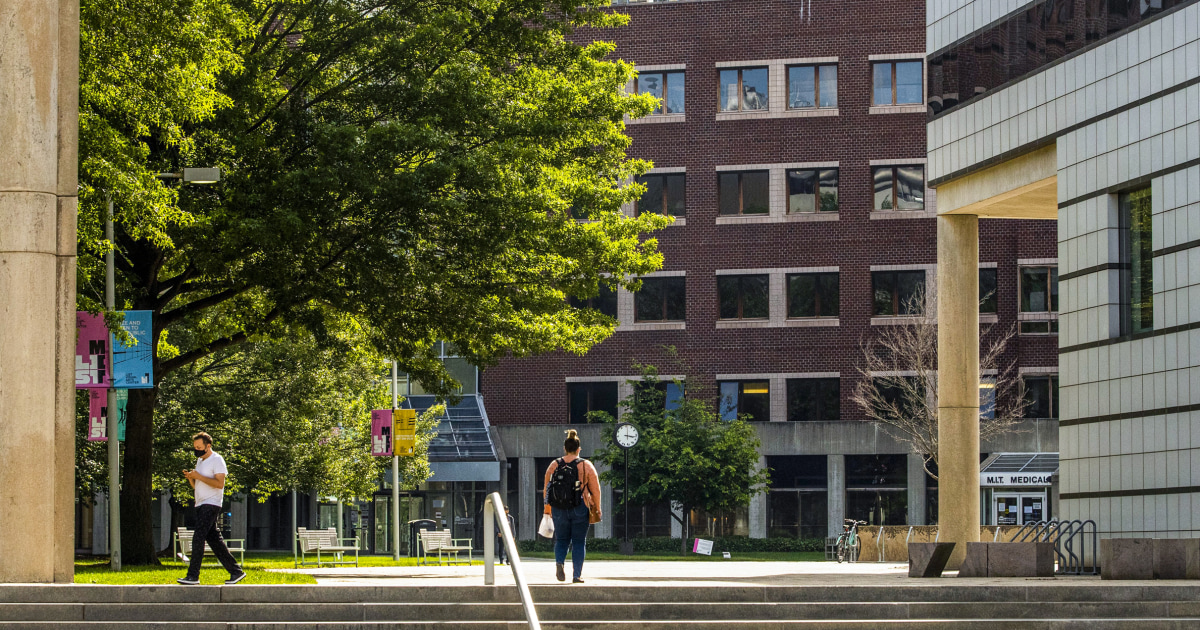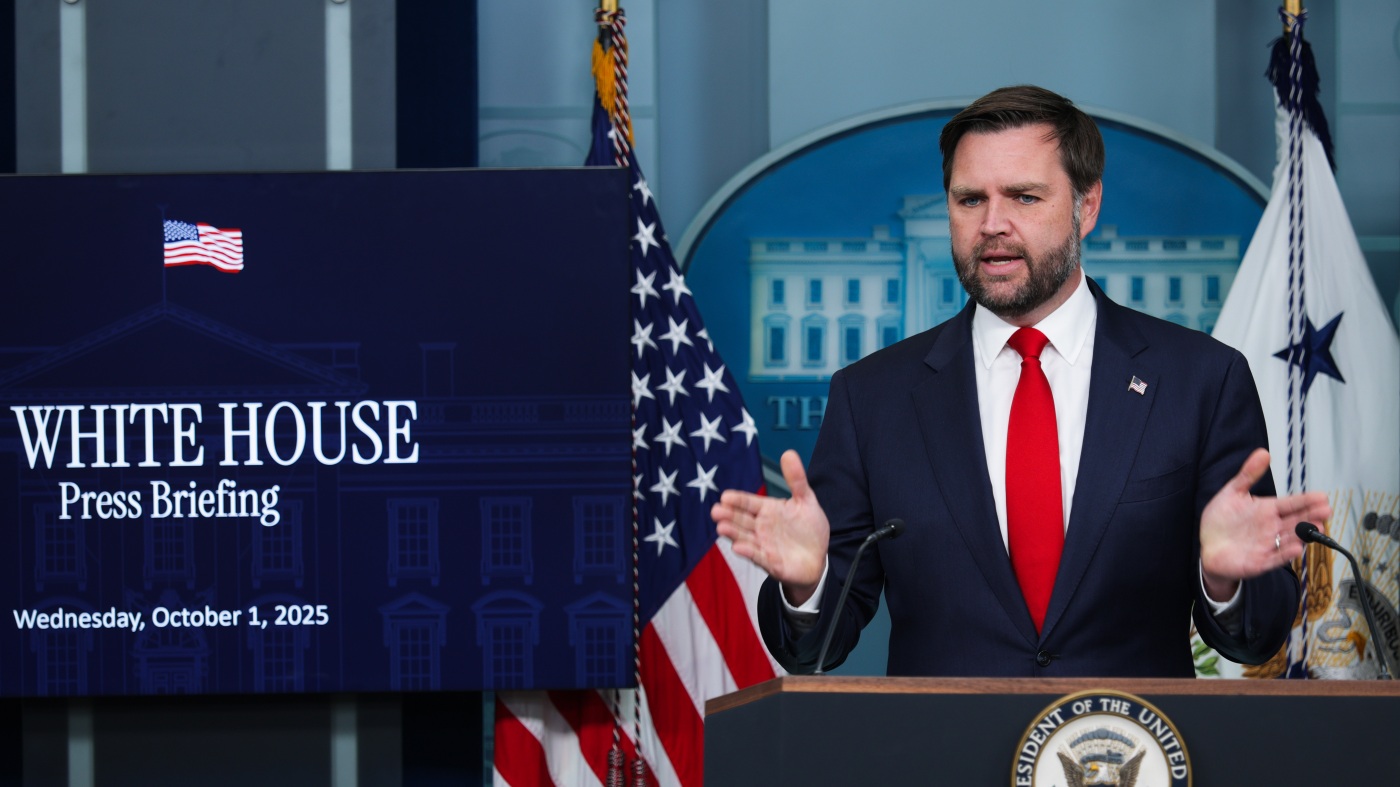MIT Rejects Federal Funds Tied to Trump's Education Agenda

Introduction to the Decision
The Massachusetts Institute of Technology made a historic decision by rejecting federal funds tied to the Trump administration's education agenda. This move marked the first instance of a school standing against such conditions for financial support.
Key Details and Context
MIT's decision reflects a broader resistance to policies that might compromise educational autonomy. The school's stance emphasizes the importance of maintaining independence in academic and research endeavors. Similar decisions have been influenced by concerns over federal oversight and potential constraints on academic freedom.
Impact and Implications
This move by MIT sets a precedent for other institutions to consider similar actions. It highlights the tension between funding benefits and the preservation of educational integrity. The decision underscores the value schools place on autonomy and the potential risks associated with accepting conditional funding.
About the Organizations Mentioned
Massachusetts Institute of Technology
The Massachusetts Institute of Technology (MIT) is a world-renowned research university located in Cambridge, Massachusetts, specializing in science, technology, engineering, and business. Founded in 1861 by William Barton Rogers, a geologist and physicist, MIT was established to prioritize practical scientific education to address the industrial challenges of the era. It officially opened in 1865 and moved to its current Charles River campus in 1916[2][3][5]. MIT has a rich history as a pioneering institution in technological innovation and education. It played a major role during World War II by advancing radar and early computer technologies and has contributed foundational work in electrical engineering, computer science, and artificial intelligence. Notable achievements include the development of the Whirlwind computer, one of the first real-time digital computers, and the creation of the Lisp programming language, which significantly influenced AI research[1][3][7][8]. The institute comprises five schools and one college: the School of Engineering, School of Science, Sloan School of Management, School of Architecture and Planning, School of Humanities, Arts, and Social Sciences, and the Schwarzman College of Computing, established in 2019 to focus on computer science and AI[2]. MIT's culture encourages innovation and collaboration, known as the birthplace of hacker culture and home to the MIT Media Lab, which bridges technology and creativity through advancements in digital media and human-computer interaction[1]. Alumni and faculty have launched numerous startups, invented fundamental technologies, and created millions of jobs globally[6]. Historically, MIT has balanced its military research contributions with efforts to align technology with societal and environmental concerns, exemplified by the formation of the Union of Concerned Scientists by some of its community members[5]. Today, MIT remains at the forefront of technological progress and business leadership, continuously shaping industries and driving scientific discoveries with a strong emphasis on practical impact and innovation.













